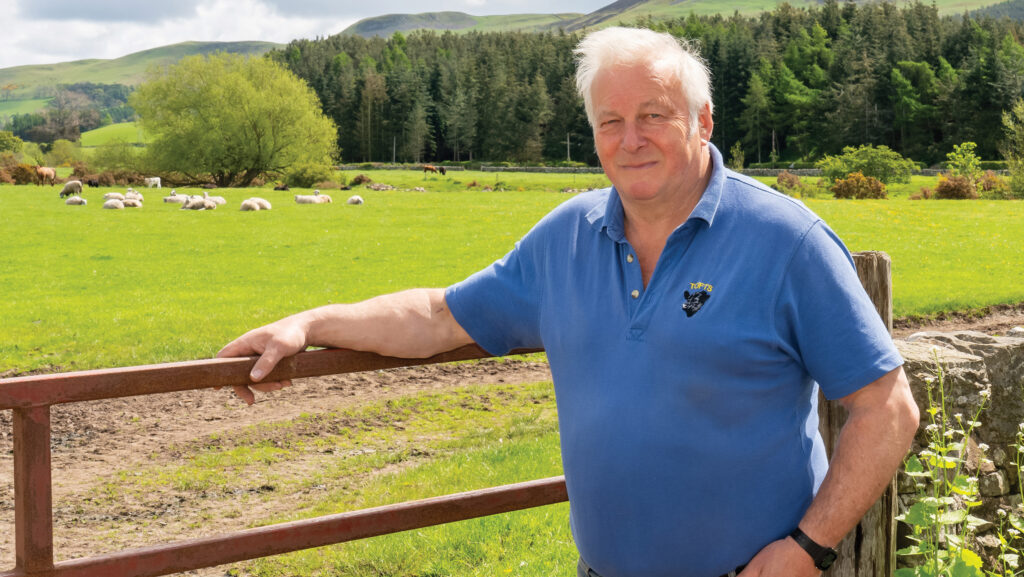Farmer Focus: Grass shortage may make creep feed best option
 © Angus Findlay
© Angus Findlay It’s hard to believe, but July was the wettest month so far this year.
We had a 57mm deluge a few weeks ago, where the recently planted broccoli was well irrigated by natural resources.
But for all the rain that we have had (110mm-plus) since the end of May, there is still a shortage of grass.
We are still feeding several groups of cows and calves with silage left over from last year.
See also: Creep feeding suckler calves: The risks and how to do it right
Normally, we do not creep feed calves until after weaning, as we wish to identify the milking ability of our cows.
However, with harvest well under way and barley prices being poor, it may be better to start creep-feeding the calves on the nursing heifers that have suffered much from the dry spring and subsequent lack of food.
I attended the Border Union Show at Kelso as vice-chairman and commentator and the Berwickshire Show at Duns as commentator. Despite the early harvest, attendances were good.
At Kelso, there were more than 800 sheep entries forward, with 29 sheep presented for the interbreed championship and a few breeds having both maedi visna-accredited and non-accredited sections.
It was quite a spectacle. However, the cattle section, with five breeds represented by only 28 animals, was disappointing.
I also attended Natalie Cormack’s memorial service following her death last month.
Natalie was born in Ontario, Canada, where her parents bred Aberdeen Angus cattle under the Burthlene prefix.
These genetics played a significant role in the resurgence of the Aberdeen Angus breed both here in the UK and Australia.
Natalie arrived in Scotland 36 years ago and, at the time of death, held many jobs.
As a director of two of the companies that employed her, I know how much she will be missed.
Bluetongue has caused considerable debate in local farming circles, especially with sheep sale season fast approaching.
Farming adjacent to the border with England, with only a five-wire fence to keep the midges at bay, we have decided not to vaccinate.
Tupping at the end of October and November, we expect the odd frost or two to reduce any risk of this virus.
It is pleasing to note that there are more than 3,900 tups entered for Kelso Ram Sales. I look forward to seeing you there.

